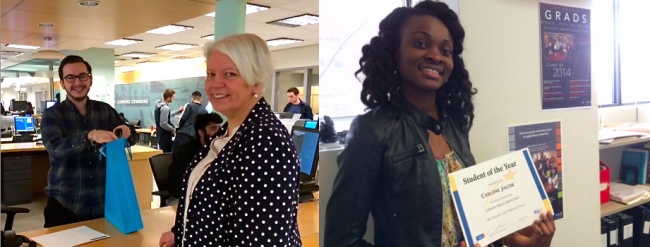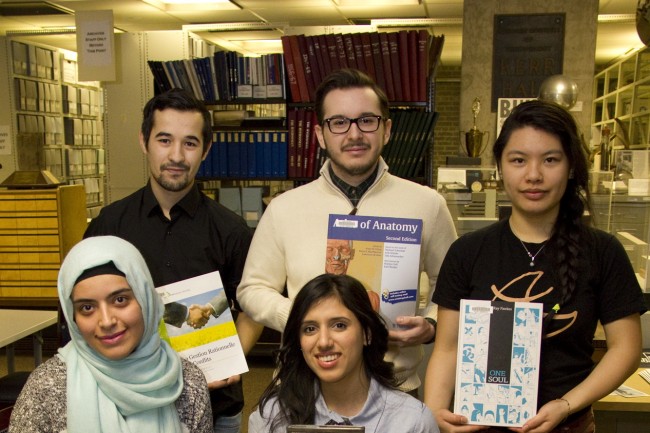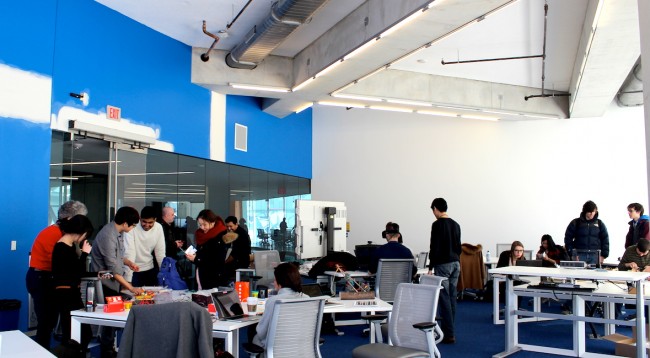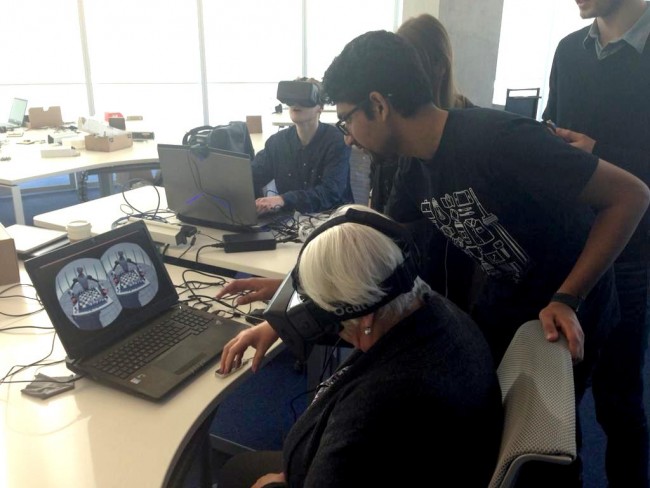Earlier this week, the news broke that Memorial University of Newfoundland (MUN) is reviewing 2,500 journals and looking for cost savings where possible. The response has been an outcry from the professoriate at MUN. We thought this was a good opportunity to discuss the collections budget at Ryerson.
Can we anticipate similar activities at Ryerson?
Yes, we can. Academic libraries across the country are enduring a budget crisis. The librarians at Ryerson have been diligently undertaking analysis of our collections to determine where we can find maximum savings with minimal effect on the community. Liaisons are working directly with their departments to keep faculty informed of developments that may affect them. If you are concerned about journals or databases specific to your area, please contact your liaison librarian.
Why are collections being targeted in budget reduction scenarios?
Along with all other departments on campus, the library has had to reduce its base budget for eight consecutive years. Sustaining journal subscriptions on an annual basis requires base funding. Given that our subscription costs have a standard inflation rate of 5-10% per year, this alone has created a difficult situation. Coupled with the historic low of the Canadian dollar – like MUN, the vast majority of our subscriptions are billed in US dollars – we find ourselves in an unprecedented situation, and must make difficult decisions. We simply cannot maintain our current levels of spending within the confines of our reduced budget allocation. Unless the Canadian dollar recovers, we can continue to expect the loss of access to some resources.
How can we maintain our reputation if we don’t have access to the latest research?
Librarians are working hard to ensure that we are not sacrificing core journals. We also provide access to top-notch document delivery services, sometimes providing access to PDF articles held by other university libraries in your email in under 48 hours. In some cases, we are maintaining access to a journal via an aggregator database with embargoed access. These embargo periods are set by the publishers and are not within our control. We encourage faculty who may be on editorial boards address this issue and advocate for an end to embargoes and turn toward more progressive Open Access policies.
What can I do to prevent further cuts to the library budget?
Advocacy is key. As publishers reap profit margins of upwards of 40%, academic libraries simply cannot keep pace with the cost of subscriptions – and nor should we. As viable Open Access models emerge, we must band together and be forces for change. The Tri-Council agency has demonstrated leadership in this area with their new Open Access policy. This is the beginning of a sea change – we must be part of it and see the opportunity that has been presented in challenging circumstances.
Further reading:
“Academic publishers reap huge profits as libraries go broke” – CBC news, June 15, 2015
“Academic publishers make Murdoch look like a socialist” – Guardian, August 29, 2011
Corrections made December 14, 2015:
- Clarification that MUN is reviewing journals for cancellation but has not undertaken any cancellations as of this post.
- Turnaround time for Document Delivery journals can be as quick as 48 hours.

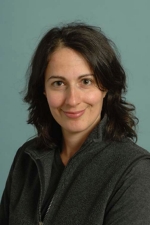 Dr Gucciardi is an Associate Professor in the School of Nutrition and an Affiliate Scientist with the Toronto General Hospital Research Institute. She has written over a dozen publicly-accessible manuscripts on diabetes research. On the subject of open access, she writes:
Dr Gucciardi is an Associate Professor in the School of Nutrition and an Affiliate Scientist with the Toronto General Hospital Research Institute. She has written over a dozen publicly-accessible manuscripts on diabetes research. On the subject of open access, she writes: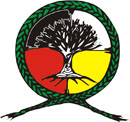 June is National Aboriginal History Month!
June is National Aboriginal History Month!